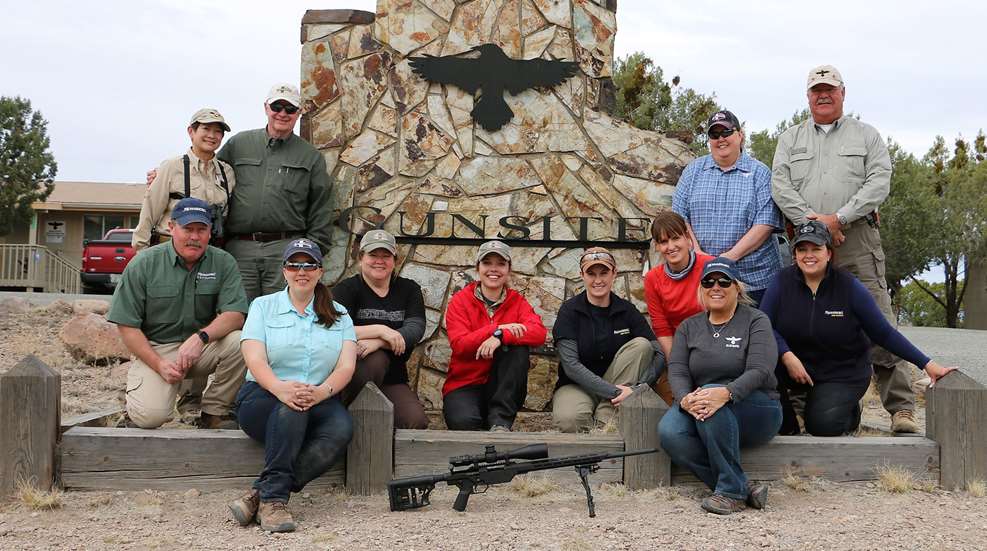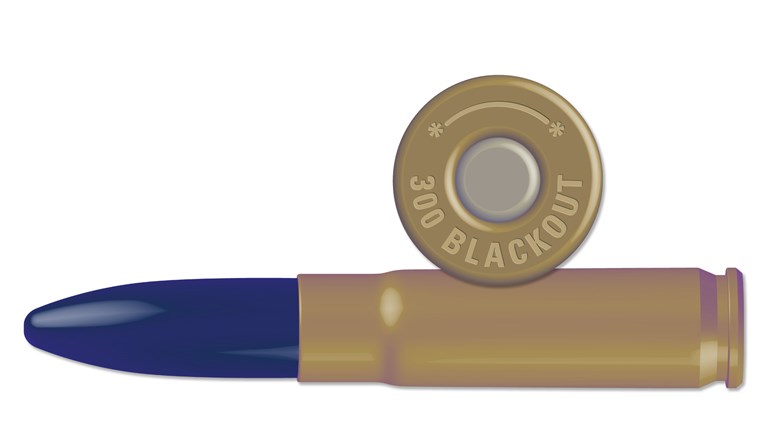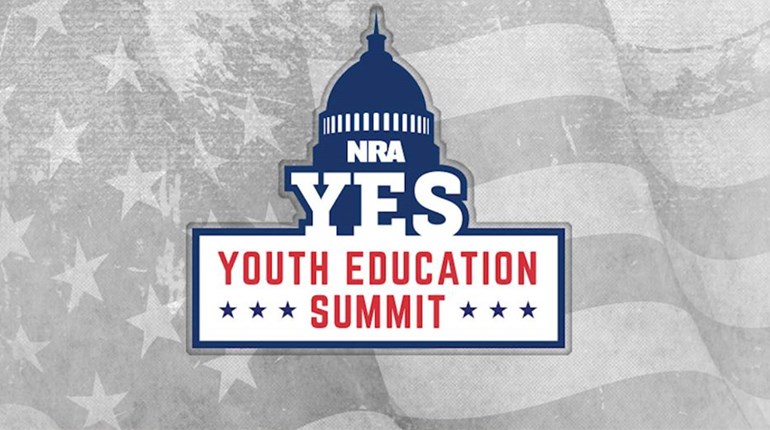
Why do we shoot?
I have been seeing many social media posts lately by folks feeling the need to defend why they hunt or use firearms. There has been a lot of rambling about how fun it is, how necessary it is, and that it is our right as citizens. I agree with nearly all the statements and even the occasional tirade. But I think there is a bigger picture that has been missing from their statements.
People are social creatures. These folks have proved my point by posting on social media. Sure, I enjoy the shooting sports when I am alone, but that is not what got me started in shooting; my family did that. It was a tradition to be a markswoman/marksman and to go hunting at least once a year (usually more like 15 times a year) in our family. Without my family and our traditions, I would have probably never touched a gun. I am the type of person that will order the same meal from a restaurant every time. Trying new stuff alone has never been my forte. Trying new stuff with others is something I have greatly learned to enjoy!

As a member of Gen X, I remember well when women were excluded from shooting sports. I felt the effects of the male-dominated culture acutely. I will never forget the time in high school that I harvested a nice buck during Thanksgiving week and my cousin blabbed about it to most everyone in the school. By the time I was getting my books out of my locker that morning, people were flocking to me to ask if the rumors were true. “Did you really get a buck?” They were all shocked to learn that a girl had been hunting, and even more, that she had been successful. It labeled me as different at a time in my psychological development where it was even more important to “fit in.” The permanent damage that it did was to give me a chip on my shoulder when it comes to women’s equality in the shooting sports and industry. At least now, with more and more women becoming gun owners, the industry and the culture are being forced to notice us.
For more than 10 years now I have been making an annual pilgrimage to Gunsite Academy. Gunsite is like a theme park for training with firearms. I was invited to my first Gunsite class with several other women in the industry. I remember being very nervous and unsure of myself for this first visit. I did not know if I would fit in. I had tried handgun training in the past and been disappointed every time. Every training I had attended to this point had ignored my gender differences and tried to train me as if my hands were the same size and strength as a man’s. The instruction was not adequate for me and the equipment was usually even worse. I was usually the only woman, or one of two, in the class and I always felt excluded … always! I fully expected Gunsite to be the same, but since it was an all-women event, I was willing to give it a go. I was pleasantly surprised and impressed with what I found there in Paulden, Arizona.
Like food and water, a sense of belonging is a fundamental human need. The area of the brain that is active when one talks about and thinks about belonging is the same area that is active for other subjects of survival. It is essential. Belonging is a sense of community and web of relationships where you feel connected through tradition, interest, activity and the group itself. Just think about what happens when people meet each other for the first time.
“What do you do? Where are you from? Do you go to church around here? Are you married? Do you have kids? What kind of things do you enjoy? What guns do you own? Do you hand load? Which handguns do you like to shoot best?”

The questions go on and on. Why do we do this? We are checking to see if we might belong with this person. Without a sense of belonging, we lack psychological wellness, which can stave off any number of health problems. Studies that measured health outcomes of people who were exposed to chronic stress in childhood showed significant increases in health and mental problems of all types. The only protective factor that seemed to be effective were connections outside of the source of stress. So, if your home was dysfunctional but you had extended family and friends to hang out with, you could have some support and protection. The more different groups we belong to, the better our psychological adjustment seems to be.
So, what does this mean for us as shooters? It means that we need our peeps. It is good medicine that will stave off stress and illness. Each of us needs to find those with whom we “fit in” in order to maintain our interests and boost our enjoyment of the sport. Why do I train at Gunsite? I would like to say because it is the best training facility and they taught me more than I have learned anywhere else. That is all true. But the real reason I go there is because I belong. Gunsite made me part of the family and the women that I meet there every year are most definitely my peeps. They get me, accept me, and we share traditions and experiences. We are all very different at the same time that we are all very similar. When we get together, it is constant chatter and laughs. We enjoy being with each other so much that our enjoyment infects our instructors and even other classes. We support and encourage each other. If you haven’t found your Peeps yet, keep looking. Or, better yet, start your own club! And, when you find new shooters, invite them in. Nothing will keep them in the sport more than a sense of belonging.
A special thanks to my Gunsite SIRENS! Miss you ladies and can’t wait to do it all again!
About the Author: Samantha Mann, MA, is a WV Licensed Psychologist, Licensed Professional Counselor WV, and Nationally Certified Counselor. Raised in West Virginia, Samantha was the youngest of six grandchildren (and the only female) who were raised to love the outdoors and hunting. She has hunted from Texas to Africa, and believes that while Superman gets his power from the sun, her power comes from the outdoors. Samantha lives in southern West Virginia with her supportive husband, who doesn’t mind showing off her trophies to his buddies. She balances her time in the office helping others with time in the outdoors, focusing much of her career on helping children and adults who have been abused, neglected and mistreated.















































